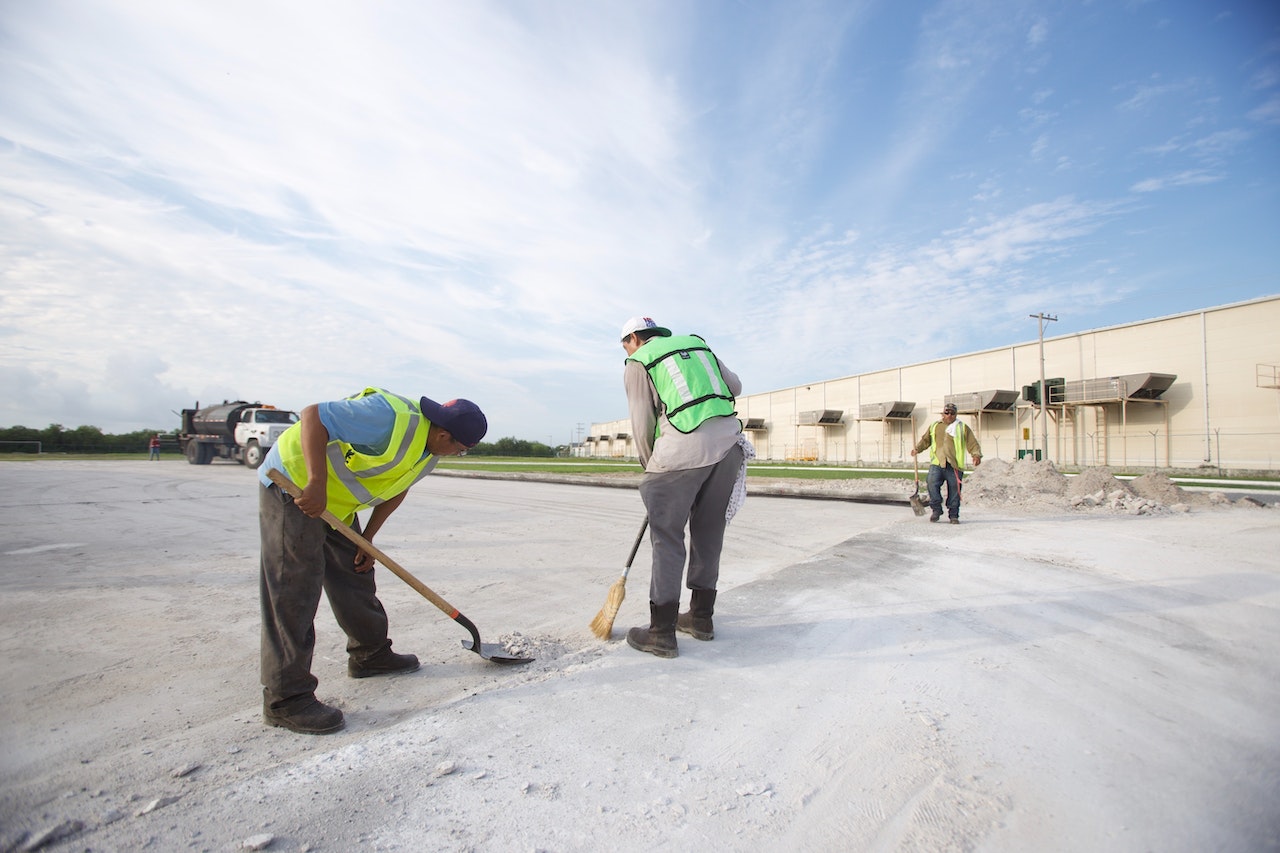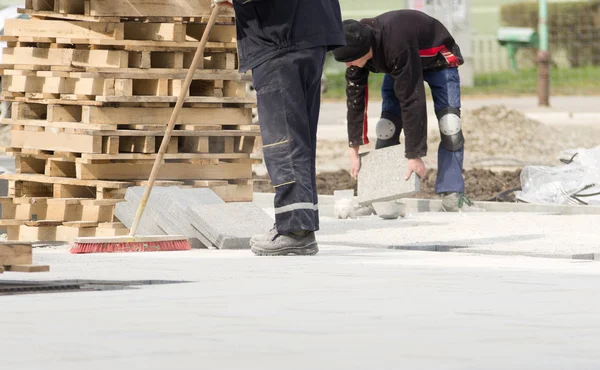Introduction
Construction projects, whether large-scale or small, inevitably result in a significant amount of debris and waste. Construction cleanup is the process of removing and disposing of these materials, ensuring a safe and organized work environment. In this blog post, we will explore the importance of construction cleanup, the various stages involved, and tips for efficient and eco-friendly waste management.
The Importance of Construction Cleanup
1. Safety: A clean and organized job site reduces the risk of accidents and injuries. Proper cleanup helps prevent slips, trips, and falls caused by debris or excess materials.
2. Efficiency: A clutter-free environment allows workers to easily access tools, equipment, and materials, ultimately improving productivity.
3. Professionalism: A well-maintained construction site demonstrates professionalism and attention to detail, leaving a positive impression on clients and potential customers.
4. Compliance: Proper waste disposal is essential for complying with local and federal regulations, avoiding potential fines and legal consequences.
Stages of Construction Cleanup
1. Rough Cleanup: This stage occurs during the construction process and involves the removal of large debris such as scrap materials, packaging, and excess building supplies. Regular rough cleanups help maintain a safe and efficient work environment.
2. Final Cleanup: Once the construction is complete, a thorough final cleanup is necessary to prepare the site for occupancy or further work. This stage involves detailed cleaning, including vacuuming, dusting, and polishing surfaces, as well as removing any remaining debris and construction materials.
3. Touch-Up Cleanup: After the final cleanup, a touch-up cleanup may be necessary to address any minor issues or last-minute adjustments. This ensures that the site is in pristine condition before handing it over to the client.
Tips for Efficient and Eco-Friendly Construction Cleanup
1. Create a Cleanup Plan: Establish a plan that outlines the responsibilities of each team member, cleanup schedules, and waste disposal methods. This helps to ensure that cleanup tasks are carried out consistently and efficiently.
2. Implement a Waste Management System: Set up designated areas for waste sorting, recycling, and disposal. This not only makes the cleanup process more organized but also promotes eco-friendly waste management practices.
3. Invest in Proper Equipment: Equip your team with the necessary tools and equipment for efficient cleanups, such as brooms, dustpans, shovels, wheelbarrows, and heavy-duty trash bags.
4. Reduce, Reuse, and Recycle: Whenever possible, minimize waste by reusing materials or recycling them. For instance, repurpose leftover lumber for future projects or recycle metal scraps at a local recycling facility.
5. Hire a Professional Cleanup Service: If your construction project is large or complex, consider hiring a professional cleanup service. These companies specialize in construction cleanup and can ensure that your site is cleaned thoroughly and in compliance with regulations.
Conclusion
Construction cleanup is a crucial aspect of any building project, contributing to a safe, efficient, and professional work environment. By implementing a comprehensive cleanup plan, investing in proper equipment, and adopting eco-friendly waste management practices, you can ensure a successful and responsible construction project.





